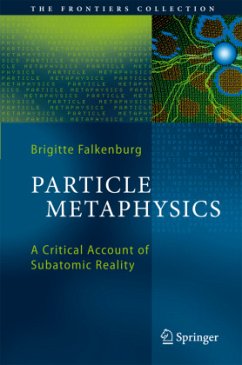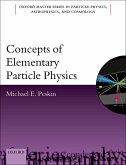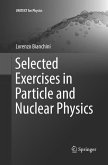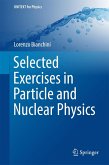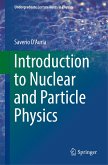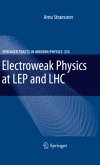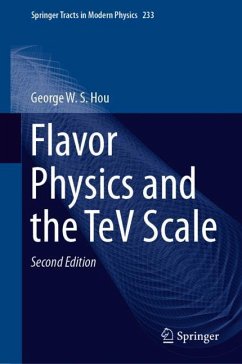Metaphysics, with which, as fate would have it, I have fallen in love but from which I can boast of only a few favours, o?ers two kinds of advantage. The ?rst is this: it can solve the problems thrown up by the enquiry of mind, when it uses reason to spy after the more hidden properties of things. But hope is here all too often disappointed by the outcome. And, on this occasion, too, satisfaction has escaped our eager grasp. [...] The second advantage of metaphysics is more consonant with the nature of the human understanding. It consists [...] in knowing what relation the question has to empirical concepts, upon which all our judgements must at all times be based. To that extent metaphysics is a science of the limits of human reason.[...] Thus, the second advantage of metaphysics is at once the least known and the most important, although it is also an advantage which is only attained at a fairly late stage and after long experience. 1 Immanuel Kant The tradition of the particleconcept goes back to traditional metaphysics and ancient philosophy. The idea that matter is made up of microscopic constituent parts stems from ancient atomism. At the very beginnings of modern physics, it was taken up by Galileo, Descartes, and Newton. Newton thought that there are atoms of matter and light, but with the methods of Newtonian mechanics and optics they were beyond the reach of experiments.
From the reviews:
"This work could, and should, change the direction of current philosophy of science. Accomplished physicist-philosopher Falkenburg ... has constructed a significant metaphysical framework in which to evaluate the knowledge claims of empirical particle physics. ... Urgently recommended to all philosophers of science and interested physicists. Summing Up: Highly recommended. Upper-division undergraduates through faculty." (P. D. Skiff, CHOICE, Vol. v4 (3), November, 2007)
"This work could, and should, change the direction of current philosophy of science. Accomplished physicist-philosopher Falkenburg ... has constructed a significant metaphysical framework in which to evaluate the knowledge claims of empirical particle physics. ... Urgently recommended to all philosophers of science and interested physicists. Summing Up: Highly recommended. Upper-division undergraduates through faculty." (P. D. Skiff, CHOICE, Vol. v4 (3), November, 2007)
Aus den Rezensionen: "... Falkenburg verteidigt in ihrem Buch eine Position, die sie als moderaten Eigenschaftsrealismus bezeichnet. Eine Kernidee dabei ist, dass die heutige Physik eine Einheit herzustellen versucht indem sie die verschiedenen verwendeten Größen- und Mess-Skalen in deren Überlappungsbereichen zur Kohärenz bringt. ... Der besondere Wert der vorliegenden Arbeit besteht in der ungemein detaillierten und kenntnisreichen Analyse der Messmethoden der modernen experimentellen Teilchenphysik mit Blick auf deren philosophische Konsequenzen ..." (Holger lyre, in: Physik Journal, 2007, Vol. 6, Issue 10, S. 55 f.)

